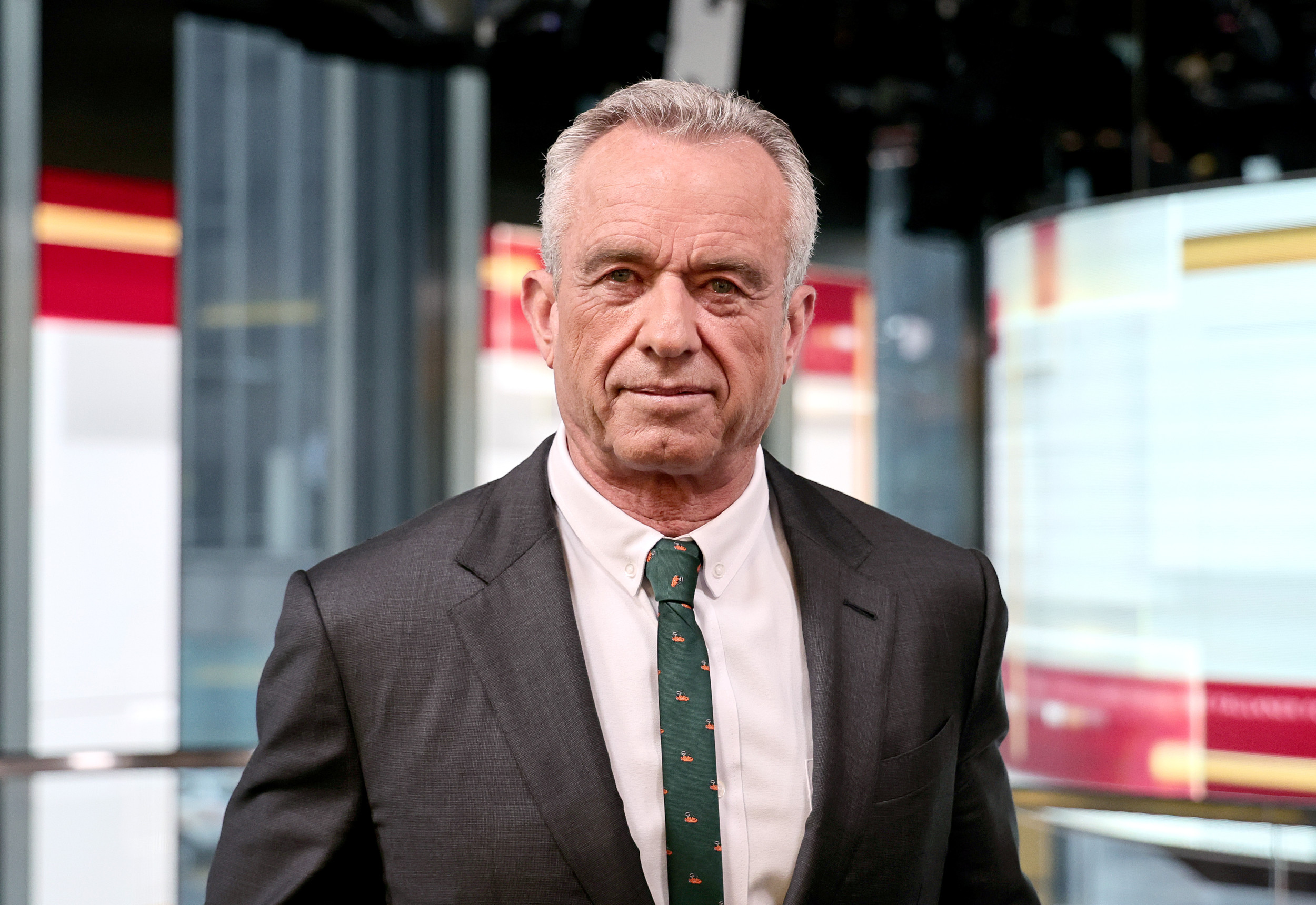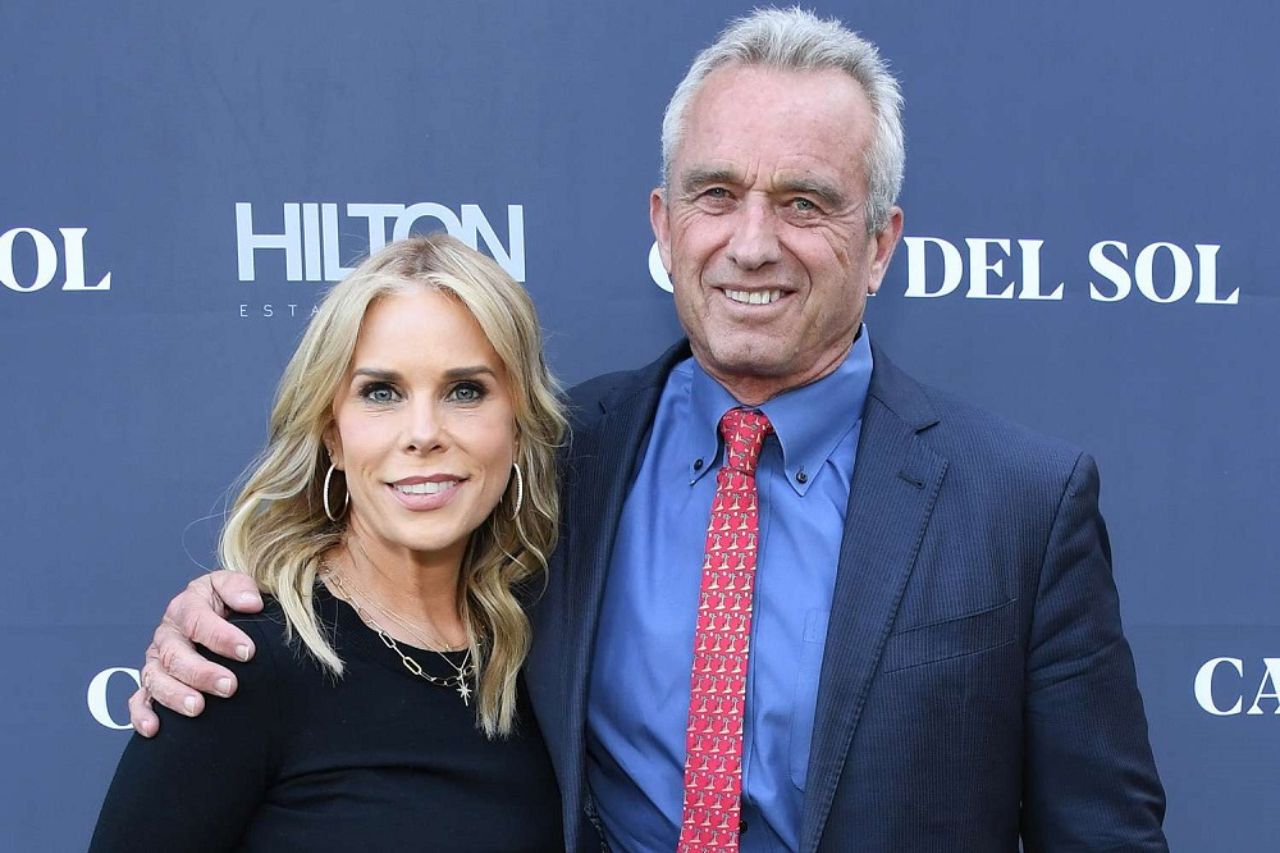Robert F. Kennedy Jr.’s Life and Legacy: Robert F Kennedy Jr

Robert F. Kennedy Jr., a prominent environmental lawyer and activist, is known for his passionate advocacy on various environmental issues. He carries the legacy of his father, Robert F. Kennedy, a renowned political figure, and his activism has significantly influenced public awareness and policy on environmental matters.
Early Life and Family Background
Robert F. Kennedy Jr. was born on January 17, 1954, in Washington, D.C. He is the third son of Robert F. Kennedy and Ethel Skakel Kennedy, and one of their eleven children. His early life was immersed in the world of politics, with his father serving as Attorney General under President John F. Kennedy and later as a U.S. Senator from New York. The Kennedy family’s legacy of public service and commitment to social justice deeply influenced Robert F. Kennedy Jr.’s upbringing. He attended elite schools, including Georgetown Preparatory School and Harvard University, where he earned a degree in history and literature in 1976.
Environmental Law and Activism
After graduating from Harvard, Robert F. Kennedy Jr. pursued a law degree at the University of Virginia. He then worked as an environmental lawyer, focusing on issues related to toxic waste, pollution, and environmental justice. He co-founded the Riverkeeper organization in 1985, a non-profit group dedicated to protecting the Hudson River and its surrounding environment.
Robert F. Kennedy Jr.’s work as an environmental lawyer and activist has been marked by both significant achievements and controversies. He has been credited with playing a key role in the cleanup of the Hudson River, which was heavily polluted by industrial waste. He has also been a vocal critic of the government’s handling of environmental issues, often challenging regulations and policies that he believes are inadequate.
Relationship with his Father
Robert F. Kennedy Jr.’s relationship with his father, Robert F. Kennedy, was complex and deeply influential. His father’s assassination in 1968 when Robert F. Kennedy Jr. was 14 years old had a profound impact on his life. The tragic event, along with his father’s legacy of public service and commitment to social justice, shaped Robert F. Kennedy Jr.’s political views and motivated him to become an activist.
Impact on Public Awareness and Policy
Robert F. Kennedy Jr.’s activism has significantly influenced public awareness and policy regarding environmental issues. His high-profile advocacy and public speaking engagements have helped raise awareness about the dangers of pollution, toxic waste, and climate change. He has also been instrumental in promoting environmental regulations and policies, particularly those aimed at protecting water resources and reducing pollution.
Robert F. Kennedy Jr.’s Anti-Vaccination Stance

Robert F. Kennedy Jr.’s stance against vaccination has been a subject of intense debate and scrutiny. His views have evolved over time, influenced by his personal experiences and a deep-seated distrust of government and pharmaceutical companies. This section will delve into the development of his anti-vaccine views, the scientific evidence he cites, and the impact of his advocacy on public health.
The Development of Robert F. Kennedy Jr.’s Anti-Vaccination Views
Kennedy Jr.’s journey into the anti-vaccine movement began with his son’s diagnosis of autism in 1999. This personal experience led him to explore alternative explanations for his son’s condition, ultimately leading him to believe that vaccines played a role in the development of autism. This belief, while widely debunked by the scientific community, has become a cornerstone of his anti-vaccine advocacy.
Kennedy Jr. has also been critical of the “vaccine court,” a special court established in the United States to adjudicate claims for compensation from vaccine-related injuries. He argues that the court is biased towards pharmaceutical companies and that it has failed to adequately compensate victims of vaccine injuries. This criticism has fueled his distrust of the pharmaceutical industry and government agencies responsible for vaccine safety.
The Scientific Evidence Cited by Robert F. Kennedy Jr.
Kennedy Jr. has frequently cited scientific studies and anecdotal evidence to support his claims about vaccine safety and efficacy. However, his interpretations of these studies have often been misrepresented or taken out of context. He frequently relies on discredited studies, such as the now-retracted 1998 paper by Andrew Wakefield that falsely linked the MMR vaccine to autism.
One of the most common arguments used by Kennedy Jr. is that vaccines contain harmful ingredients, such as mercury and aluminum. While these ingredients are present in some vaccines, the amounts are generally considered safe and well below levels that could cause harm. Additionally, the scientific consensus is that vaccines are safe and effective, and that the benefits of vaccination far outweigh the risks.
Comparison of Robert F. Kennedy Jr.’s Views with the Medical and Scientific Communities
The medical and scientific communities overwhelmingly reject Kennedy Jr.’s anti-vaccine views. The vast majority of scientists and doctors agree that vaccines are safe and effective, and that they have played a crucial role in eradicating or significantly reducing the incidence of many deadly diseases. The World Health Organization (WHO) and the Centers for Disease Control and Prevention (CDC) both strongly recommend vaccination as a vital public health measure.
The evidence supporting the safety and efficacy of vaccines is vast and well-established. Numerous studies have demonstrated the effectiveness of vaccines in preventing disease and the safety of their ingredients. The benefits of vaccination far outweigh the risks, and the risks of vaccine-related side effects are extremely low.
The Impact of Robert F. Kennedy Jr.’s Anti-Vaccination Advocacy on Public Health
Robert F. Kennedy Jr.’s anti-vaccine advocacy has had a significant impact on public health, leading to a decline in vaccination rates and a resurgence of preventable diseases. His high-profile status and the credibility he carries as a member of the Kennedy family have given his views a platform that has reached millions of people.
The decline in vaccination rates has been linked to outbreaks of measles, mumps, and whooping cough in the United States and other countries. These outbreaks have resulted in hospitalizations, deaths, and significant public health costs. The impact of Kennedy Jr.’s advocacy is a stark reminder of the importance of evidence-based decision-making and the dangers of spreading misinformation about vaccines.
Robert F. Kennedy Jr.’s Political Career and Activism

Robert F. Kennedy Jr., a prominent environmental lawyer and activist, has ventured into the political arena, leveraging his name recognition and platform to advocate for his beliefs. His political journey has been marked by both ambition and controversy, particularly in the realm of anti-vaccination advocacy.
Political Aspirations and the 2008 Presidential Election
While Robert F. Kennedy Jr. has never held an elected office, he has expressed interest in seeking public office. In 2008, he briefly considered running for president as a Democrat, but ultimately decided against it. His potential candidacy garnered attention, drawing comparisons to his father, Robert F. Kennedy, who served as Attorney General and later as a U.S. Senator. However, his anti-vaccination stance, which became increasingly prominent during this period, ultimately hindered his political ambitions.
Current Political Activism and the Children’s Health Defense, Robert f kennedy jr
Currently, Robert F. Kennedy Jr.’s political activism is largely focused on promoting his anti-vaccination views. He serves as the chairman and chief legal counsel of the Children’s Health Defense (CHD), a non-profit organization he founded in 2010. The CHD advocates for the “right to informed consent” regarding vaccines, promoting the idea that vaccines pose significant health risks, a view widely disputed by the scientific community.
The Role of Social Media in Amplifying Kennedy Jr.’s Views
Social media platforms have played a crucial role in amplifying Robert F. Kennedy Jr.’s views, enabling him to reach a vast audience beyond traditional media outlets. He has a significant online presence, utilizing platforms like Twitter and Facebook to share his opinions, promote CHD initiatives, and engage with followers. This digital reach has allowed him to bypass mainstream media outlets, often seen as skeptical of his anti-vaccination stance, and directly connect with a receptive audience.
The Potential Impact of Kennedy Jr.’s Activism on American Politics and Policy
Robert F. Kennedy Jr.’s activism has the potential to influence American politics and policy, particularly in the realm of public health. His high-profile advocacy has contributed to the resurgence of the anti-vaccination movement, raising concerns about vaccine hesitancy and its impact on public health. His influence on policy remains to be seen, but his activism has undoubtedly brought the issue of vaccine safety to the forefront of public discourse, potentially influencing future legislation and public health initiatives.
Robert f kennedy jr – Robert F. Kennedy Jr. has been making headlines lately for his controversial views on vaccines. While he’s certainly not the only one with these beliefs, his platform and family name give him a lot of influence. It’s interesting to compare his views to someone like Gwen Walz , the First Lady of Minnesota, who’s a big advocate for public health initiatives.
It’s clear that Kennedy Jr.’s ideas are definitely not mainstream, even if he has a dedicated following.
Robert F. Kennedy Jr. is a controversial figure, known for his activism on a range of issues. He’s often vocal about his views on foreign policy, and has even spoken out about the complexities of Iranian-Israeli relations. While his opinions on this topic are certainly interesting, they’re not always the most mainstream.
Whether you agree with him or not, Kennedy Jr. is a figure who definitely keeps things interesting.
